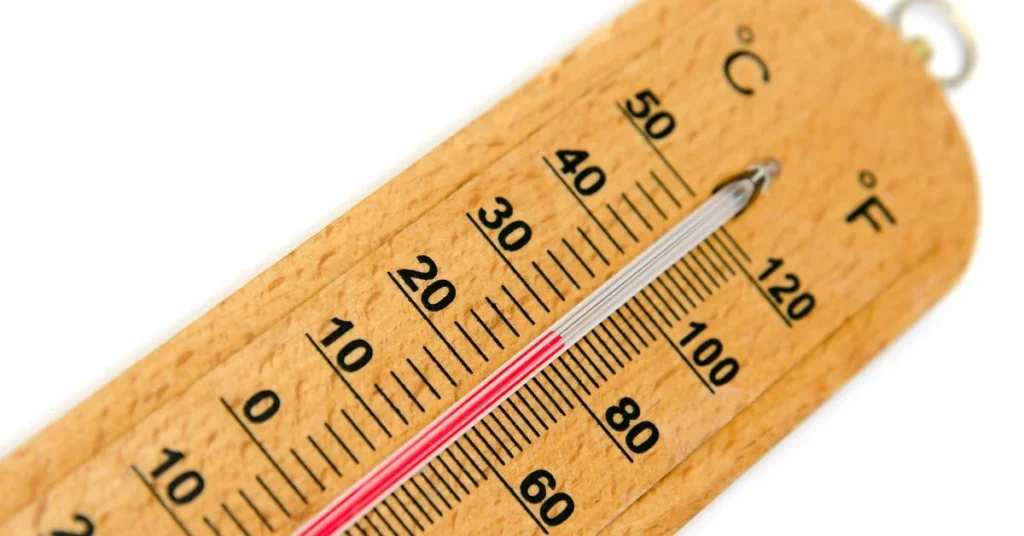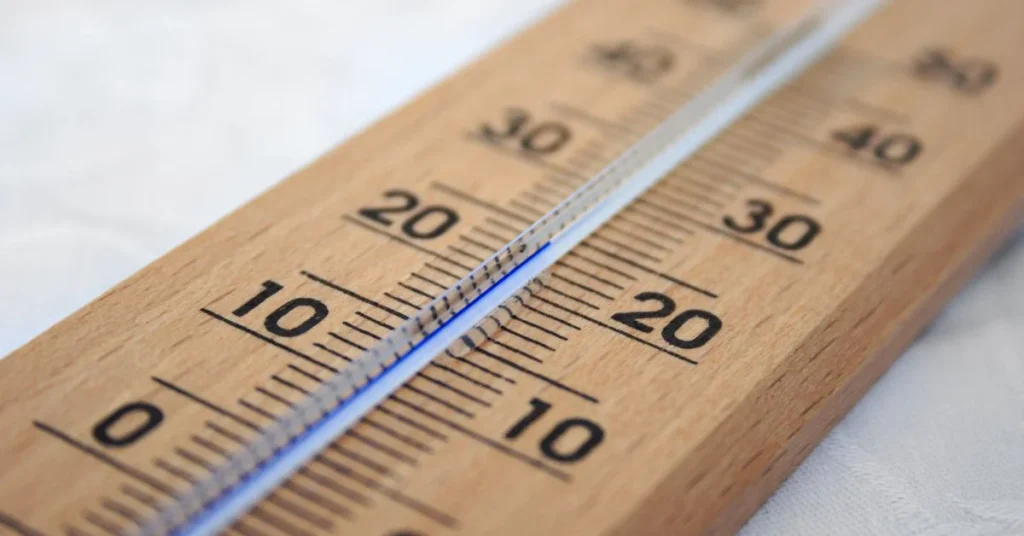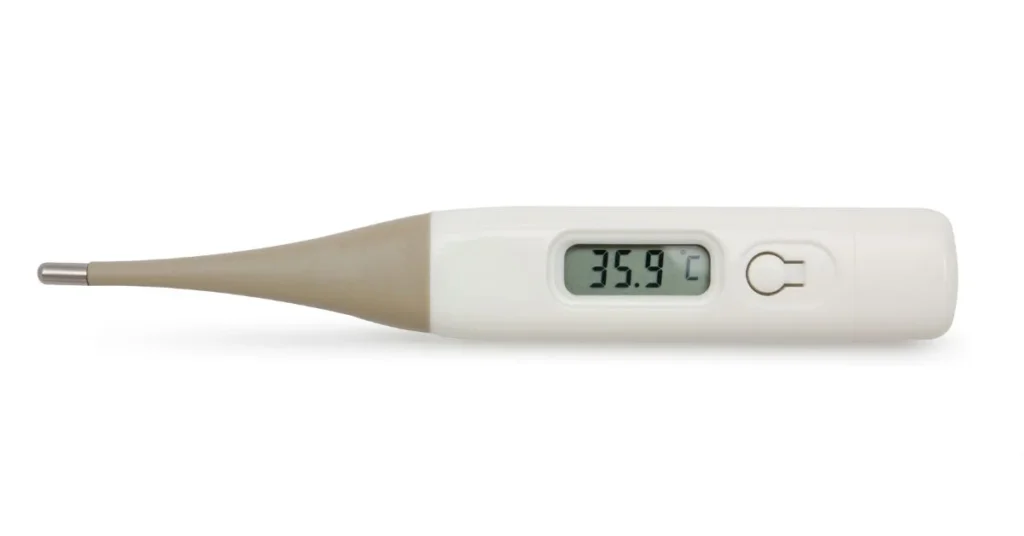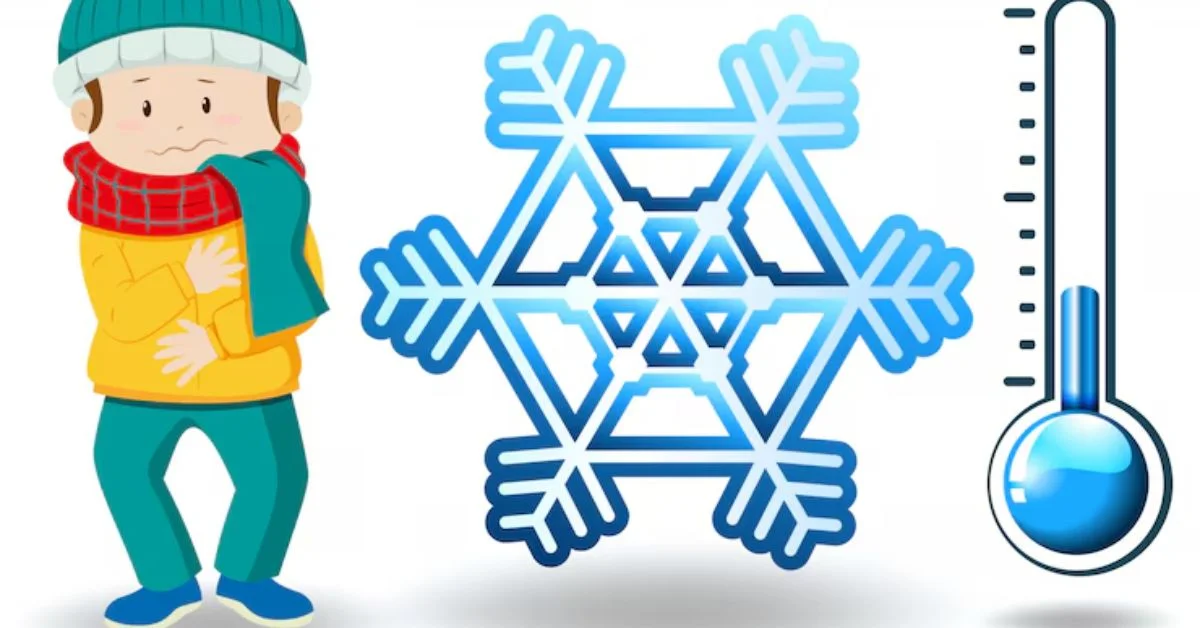Knowing how to convert 36.7°C to Fahrenheit is important in many situations, such as when taking your temperature or analysing weather reports in Celsius. With the use of mathematics, real-world examples, and practical tools, you will not only obtain the precise conversion but also gain an understanding of how and why it works.
What Does 36.7°C Mean?
A typical human body temperature, especially when measured orally, is 36.7°C on the Celsius scale. In regions where the metric system is predominant, such as Europe and Asia, it is extensively utilised.
In real-world terms:
- A thermometer showing 36.7°C indicates you’re healthy.
- It’s a sign of stability in health monitoring apps or hospital devices.
- In non-health contexts, 36.7°C might be a very warm day in some climates.

How to Convert 36.7°C to Fahrenheit
To convert 36.7 degrees Celsius to Fahrenheit, you can use a simple formula:
Formula:
°F = (°C × 9/5) + 32
Using the Formula:
°F = (36.7 × 9/5) + 32
°F = (66.06) + 32
= 98.06°F
So, 36.7°C = 98.06°F.
This number is especially important in health, as 98.06°F is within the normal body temperature range.

Why 36.7°C is Important in Health
When it comes to body temperature, even minor changes can indicate shifts in health:
- 36.7°C or 98.06°F: Healthy, normal body temp.
- Above 37.5°C (99.5°F): Possible fever.
- Below 35.0°C (95°F): Hypothermia risk.
Understanding this helps in:
- Monitoring illness symptoms at home.
- Reading international medical charts.
- Using digital thermometers with metric-only outputs.
Quick Reference Table for Celsius to Fahrenheit
Here’s a handy HTML table to help you quickly convert common Celsius temperatures to Fahrenheit:
| Celsius (°C) | Fahrenheit (°F) | Common Usage |
|---|---|---|
| 35.0°C | 95.0°F | Low body temperature |
| 36.5°C | 97.7°F | Lower end of normal body temp |
| 36.7°C | 98.06°F | Average body temperature |
| 37.0°C | 98.6°F | Standard reference body temp |
| 38.0°C | 100.4°F | Fever indicator |
Understanding the Celsius to Fahrenheit Formula
Let’s break it down:
- The Celsius scale is based on water’s freezing and boiling points: 0°C (freeze) and 100°C (boil).
- The Fahrenheit scale sets freezing at 32°F and boiling at 212°F.
- This is why the conversion factor is 9/5, and we add 32 to shift the zero point.
By understanding the relationship between the two, you can manually calculate temperatures even without a calculator.

Conclusion: 36.7°C to °F
The standard definition of a healthy body temperature is 36.7 degrees Celsius converted to Fahrenheit, which gives you 98.06 degrees Fahrenheit. This conversion is useful and comforting to know whether you’re analysing medical data or trying to make sense of different temperature ranges.
For quick reference, whenever you need to convert between Celsius and Fahrenheit, bookmark this page or take a snapshot of the reference table.
FAQs on 36.7°C to °F
1. Is 36.7°C a normal body temperature?
Yes, 36.7°C (or 98.06°F) falls within the normal range for healthy adults.
2. How accurate is the conversion from 36.7°C to °F?
The result, 98.06°F, is accurate when using the standard conversion formula.
3. Can I use this formula for any Celsius temperature?
Absolutely. The formula (°C × 9/5) + 32 works for all Celsius to Fahrenheit conversions.
4. Why is 36.7°C used instead of 37.0°C as normal temp?
While 37.0°C is a textbook average, normal body temperature varies slightly between individuals. 36.7°C is a commonly observed healthy reading.
5. Is 36.7°C a fever?
No. Fever generally starts at 37.5°C (99.5°F) and above.
For more information, click here.









